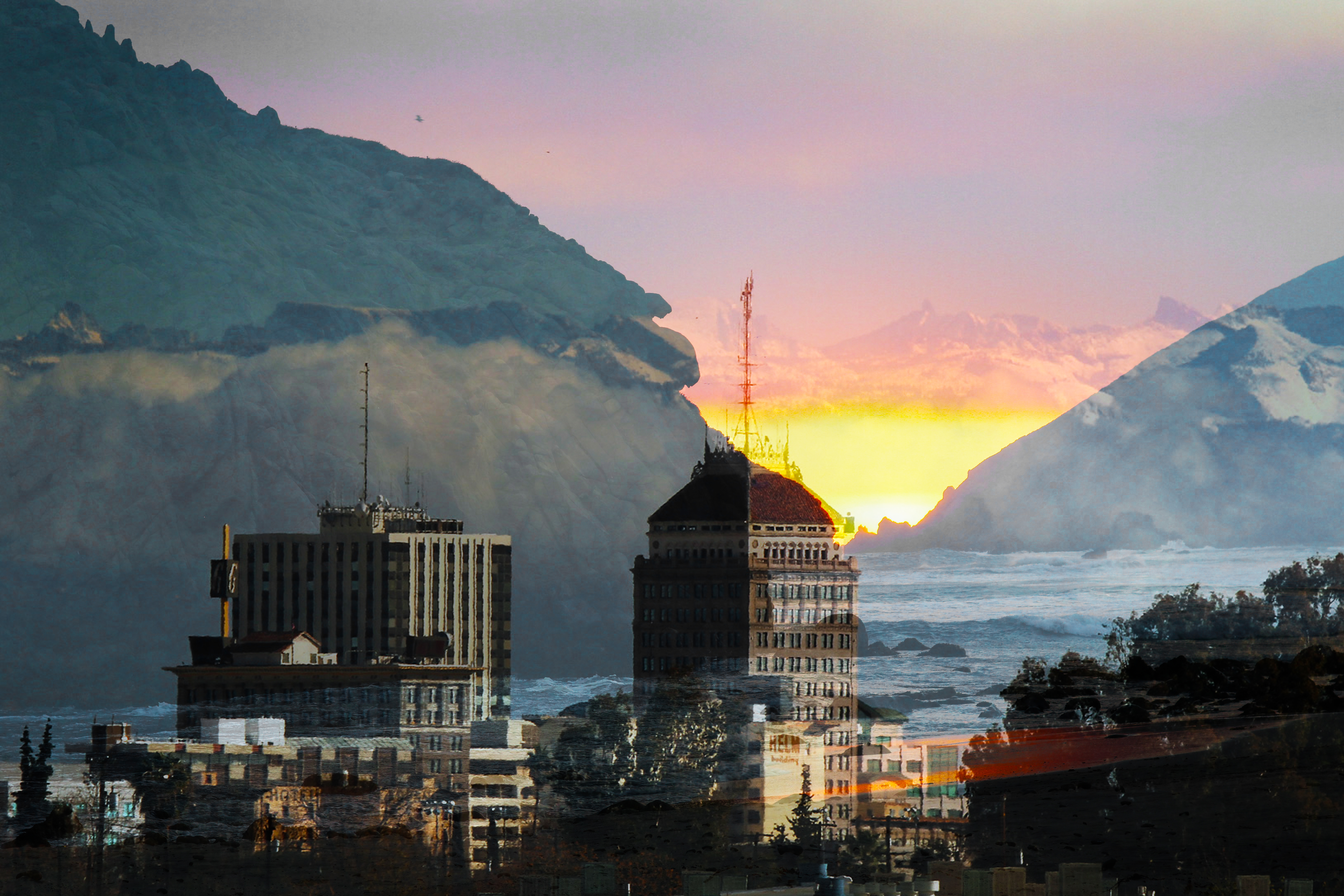
FRESNO, Calif. — Evan Harley, 22, lives in Fresno and makes a trip to the coast a couple times a year with his family. He says in addition to escaping the inland heat, they use their time at the beach for bonding, along with surfing, boogie boarding and running along the sand.
“[The coast] is where my mom and father both grew up,” Harley said, “so I like to think there’s a little piece of me at the coast as well.”
The family eventually moved inland. But while they continue to make their annual treks to the beach, for many families in Fresno and other parts of the Central Valley, it is becoming an increasingly expensive trip.
Jon Christensen is with UCLA’s Institute for the Environment and Sustainability, which just released a study looking at issues of access to the coast for all Californians, something that is enshrined in our state’s constitution thanks to the now 40-year-old Coastal Act.
One of the findings showed that for the average family an overnight trip to the beach can run as high as $300 when you include things like gas, parking and accommodations.
Christensen notes that with even slight increases in things like parking fees families will quickly decide that a trip to the coast isn’t within their budget. Which is why, he concludes, when it comes to coastal access California is at a “tipping point”.
I grew up in Delano, and my earliest memory of the coast is of an otherwise normal day at the beach, until out of nowhere, an overwhelming itching sensation took over my body. Yup. I broke out in chickenpox.
But even then, I fell in love with the beach — the feeling of the sun on my skin, the water on my feet, the breeze hitting my face.
When I got my license I thought I would be able to go whenever I wanted, with or without my family. What I did not realize back then was that it actually cost money to go to the beach, money I did not have. It’s probably why beach trips were rarely on the family agenda and why many of my peers still don’t go as often as they’d like.
Leticia Madrigal is 22 and says she goes to the coast once a year, if at all. That’s in line with the UCLA study, which found that inland residents are among the least likely to visit the coast.
Madrigal lives in Parlier, a mostly-farming community about 20 miles southeast of Fresno. Like a lot of people who live in Fresno County, she says cost is a big issue when she thinks about going to the beach.
The closest beach to Parlier is Pismo in San Luis Obispo, which is about two and a half hours away. “It sounds like an easy drive,” Madrigal explained, “but it’s still about 300 plus miles back and forth.”
Unlike Madrigal, 23-year-old Fresno resident Kelsey Koster visits the coast as often as she can. It is, she says, a way to “de-stress.” And while travel costs are not as big of an issue for Koster — she drives a hybrid vehicle — things like parking fees and hotel accommodations can be a deterrence.
“Sometimes, parking is $20 a day and that can get expensive really fast,” Koster said.
She tries to avoid fees by parking farther away or sometimes by risking a tow and parking in a tow-away zone. But mostly she coughs up the fee.
“If it were free to park by the beach, I would be there probably twice as much as I already am now,” Koster said.
As for affordable hotels, both Madrigal and Koster say they’re just not available.
“Hotels are pricey,” Madrigal noted. “Even sharing a room with friends, it’s still pretty pricey.”
Data from the California Coastal Commission, the state agency in charge of regulating coastal development and ensuring public access, shows that since 1989 more than double the number of affordable hotel rooms along the coast have disappeared compared to other types of lodging combined.
“There is a high demand for parking and hotel rooms and you have visitors who are coming and paying those higher prices,” said Madeline Cavalieri, coastal program manager with the Coastal Commission. “[The hotels] are getting as much revenue as they can and they are trying to maximize the revenues as much as they can.”
Cavalieri added: “The costs are going up. It’s become a barrier for lower- and middle-income families,” especially those in the Central Valley.
Koster agrees.
“We all love the beach,” she says. “So, [hotel owners] know people are going to come regardless of the price, especially tourists. The beach is a signature thing about California, so they are going to keep the prices the way they have them.”
Living in Fresno, the coast can seem far removed. But as a Californian, it makes up part of who we are. The coast is an open and natural space, a recreational destination with clean air and cooler temperatures. For us in Fresno and the rest of the Valley, it provides an escape from the blazing heat and summer haze.
Making sure the coast remains accessible and affordable should be a priority, not just for coastal residents but for all Californians.
Johnsen Del Rosario wrote this story with support from New America Media’s California’s Coast: A Time of Reckoning Fellowship Program.



